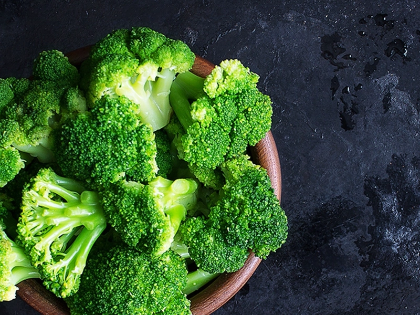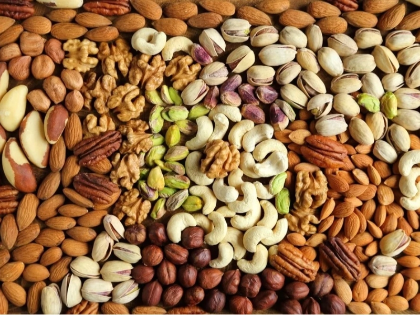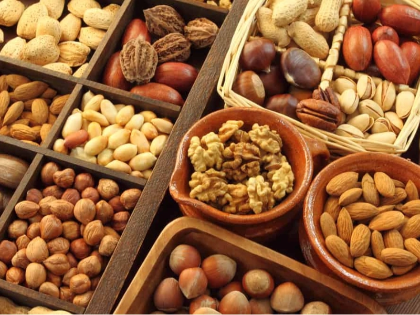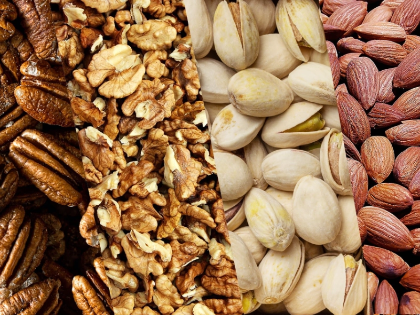Nuts for Kids: Nurturing Growth with Nutrient-Dense Snacks
Advertisement
1. The Value of Healthful Snakes Children's diets heavily rely on snacks since they provide vital nutrients needed for development and growth. Growing children's bodies want a range of nutrients to support their cognitive and physical growth. Making sure youngsters get the vitamins and minerals they need depends on selecting nutrient-dense snacks. Perfect for children's snacks, nuts are a great choice since they provide a small bundle of many nutrients.
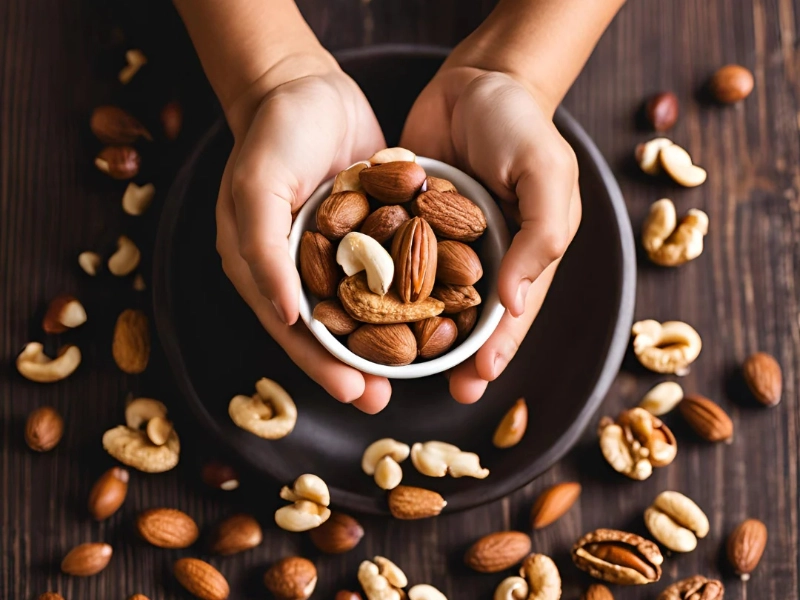
Advertisement
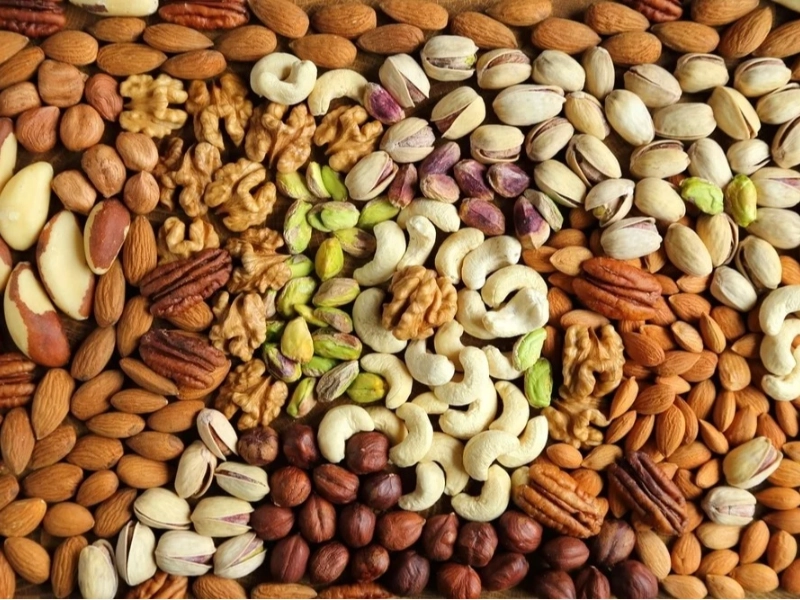 4. Protein for Muscles' Development Growing children especially depend on protein since it is necessary for growth and healing of tissues. An excellent source of plant-based protein, nuts offer a wholesful substitute for processed munchies. For instance, pistachios provide roughly 6 grams of protein while peanuts have about 7 grams per ounce. Including nuts in children's meals can assist meet their protein needs, therefore aiding general health and muscle development.
5. Fiber for Improved Gastric Health Maintaining intestinal health, particularly in youngsters, depends on a diet heavy in fiber. Excellent sources of dietary fiber, nuts support digestion and help prevent constipation. An almond serving, for example, has roughly 3.5 grams of fiber. Making sure children eat adequate fiber will help to maintain a healthy gut and encourage regular bowel movements. One simple approach to increase children's diets' fiber content is with nuts.
4. Protein for Muscles' Development Growing children especially depend on protein since it is necessary for growth and healing of tissues. An excellent source of plant-based protein, nuts offer a wholesful substitute for processed munchies. For instance, pistachios provide roughly 6 grams of protein while peanuts have about 7 grams per ounce. Including nuts in children's meals can assist meet their protein needs, therefore aiding general health and muscle development.
5. Fiber for Improved Gastric Health Maintaining intestinal health, particularly in youngsters, depends on a diet heavy in fiber. Excellent sources of dietary fiber, nuts support digestion and help prevent constipation. An almond serving, for example, has roughly 3.5 grams of fiber. Making sure children eat adequate fiber will help to maintain a healthy gut and encourage regular bowel movements. One simple approach to increase children's diets' fiber content is with nuts.
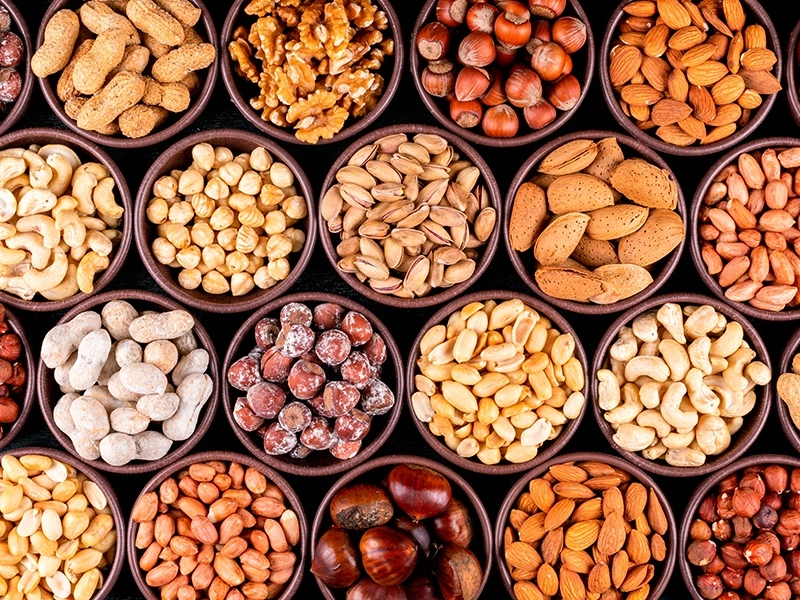 6. Simple Snack Ideas Inspired by Nuts Including nuts into children's diets can be easy and enjoyable. For a delicious and healthy snack, parents can make trail mixes combining different nuts with dried fruits and seeds. For a delightful snack on whole-grain bread or apple slices, add nut butter—almond or peanut butter. Furthermore adding chopped nuts to yogurt or oatmeal will improve the nutritional worth of these dishes and provide taste and crunch.
7. Allergies Issues Although nuts are rather nutritious, one should take allergy issues into account. Some youngsters might be nut allergic, which would cause major reactions. If parents are worried about allergies, they should carefully include nuts into their children's meals and speak with a pediatrician. For people without nuts, sunflower or pumpkin seeds are great substitutes with comparable nutritional value.
8. Instructing Good Eating Practices Including nuts into children's diets offers a chance to educate good eating habits in addition to their nutritional value. Encouragement of children to choose nuts as a snack can help them to see the need of selecting wholesome foods. Parents can let their kids help choose nuts from the grocery store or make home-made snacks. This involvement can help to establish lifetime good eating habits and create a good relationship with food.
6. Simple Snack Ideas Inspired by Nuts Including nuts into children's diets can be easy and enjoyable. For a delicious and healthy snack, parents can make trail mixes combining different nuts with dried fruits and seeds. For a delightful snack on whole-grain bread or apple slices, add nut butter—almond or peanut butter. Furthermore adding chopped nuts to yogurt or oatmeal will improve the nutritional worth of these dishes and provide taste and crunch.
7. Allergies Issues Although nuts are rather nutritious, one should take allergy issues into account. Some youngsters might be nut allergic, which would cause major reactions. If parents are worried about allergies, they should carefully include nuts into their children's meals and speak with a pediatrician. For people without nuts, sunflower or pumpkin seeds are great substitutes with comparable nutritional value.
8. Instructing Good Eating Practices Including nuts into children's diets offers a chance to educate good eating habits in addition to their nutritional value. Encouragement of children to choose nuts as a snack can help them to see the need of selecting wholesome foods. Parents can let their kids help choose nuts from the grocery store or make home-made snacks. This involvement can help to establish lifetime good eating habits and create a good relationship with food.
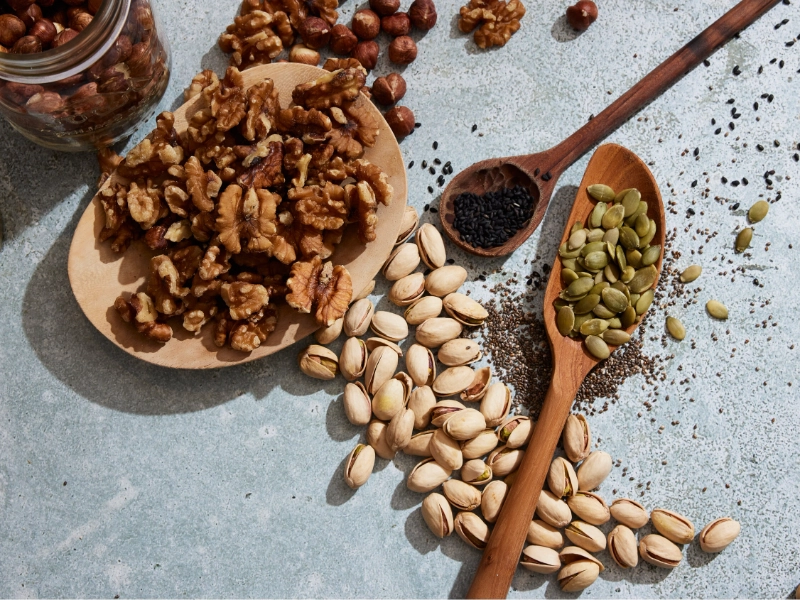 9. moderation and control of portions Though they are nutrient-dense, nuts are heavy in calories as well. Children must be taught portion management if they want to enjoy the advantages of nuts without going overboard. For children, a little handful of nuts usually is a reasonable serving size. For simple on-the-go eating, parents can aid by pre-portioning almonds into compact containers or bags. This strategy encourages temperance while yet offering healthy choices.
10. Nutritional Snack: Summary of Nuts Children's diets would benefit much from nuts, which provide a great spectrum of nutrients supporting development and growth. Packed in good fats, protein, fiber, vitamins, and minerals, nuts give active children energy and nutrition. Parents may ensure their children get the necessary nutrients for their development and help them create good eating habits by including nuts into snacks and meals. Regular nut consumption helps children's bodies and minds develop and promotes their general health and well-being.
9. moderation and control of portions Though they are nutrient-dense, nuts are heavy in calories as well. Children must be taught portion management if they want to enjoy the advantages of nuts without going overboard. For children, a little handful of nuts usually is a reasonable serving size. For simple on-the-go eating, parents can aid by pre-portioning almonds into compact containers or bags. This strategy encourages temperance while yet offering healthy choices.
10. Nutritional Snack: Summary of Nuts Children's diets would benefit much from nuts, which provide a great spectrum of nutrients supporting development and growth. Packed in good fats, protein, fiber, vitamins, and minerals, nuts give active children energy and nutrition. Parents may ensure their children get the necessary nutrients for their development and help them create good eating habits by including nuts into snacks and meals. Regular nut consumption helps children's bodies and minds develop and promotes their general health and well-being.
Advertisement


